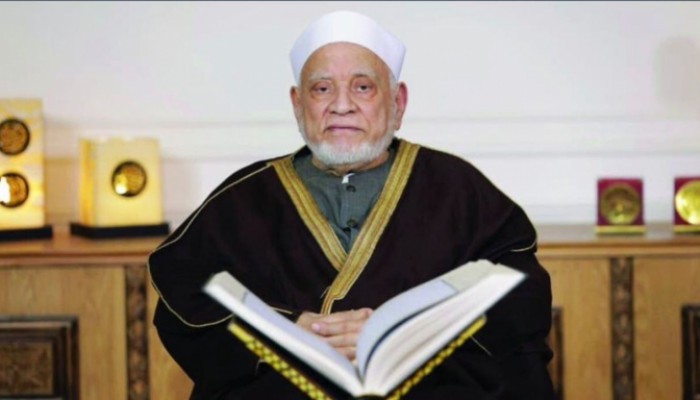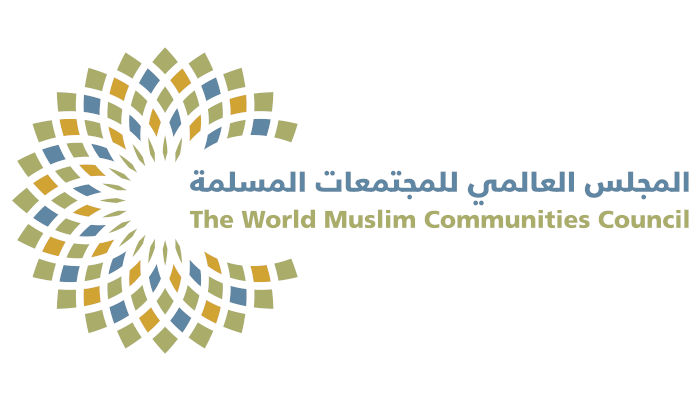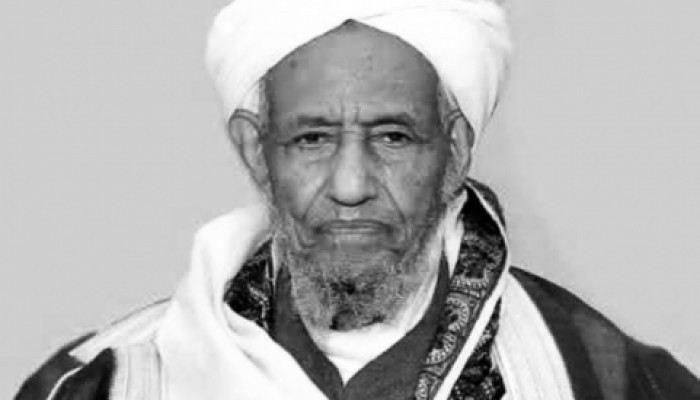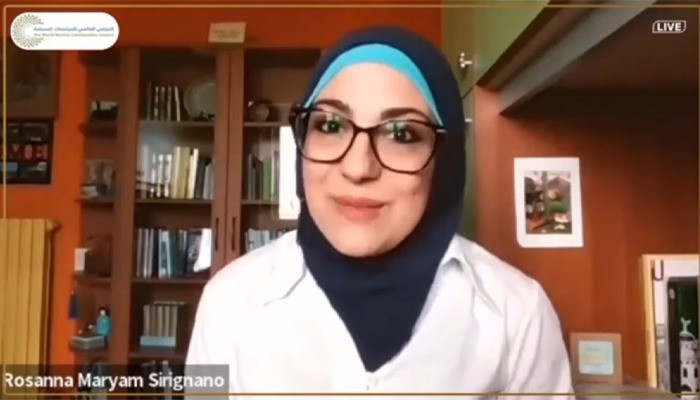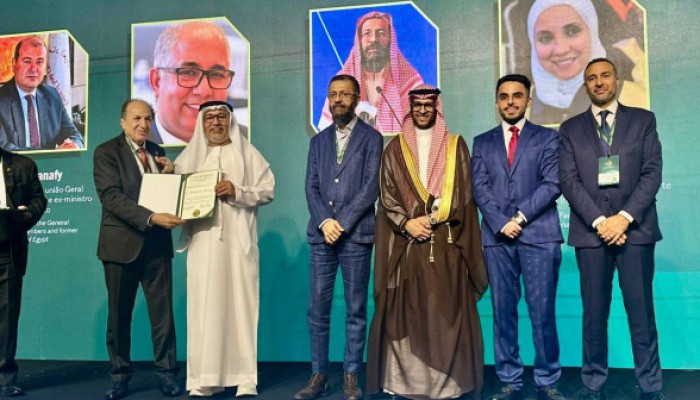
TWMCC Presents New Jurisprudential Vision for Sustainable Halal Economy at 2025 São Paulo Global Forum
- 2025-Nov-03
The World Muslim Communities Council (TWMCC), represented by HE Dr Mohamed Bechari, TWMCC Secretary-General, participated in the Global Halal Brazil Business Forum 2025, which kicked off in São Paulo under the umbrella of the Federation of Muslim Associations in Brazil, and in cooperation with the Arab Brazilian Chamber of Commerce, with the participation of a distinguished group of ministers, experts, economists, and scholars from various countries in the Islamic world and Latin America.
The forum served as a high-level international platform for discussing major transformations in the halal economic system and reshaping the relationship between Islamic values and global sustainability principles, through approaches that combine jurisprudence, economics, technology, and public policy.
During the event, HE Dr Bechari delivered a key scientific paper titled: “The Scale of Urban Prosperity: Toward a Jurisprudential Foundation for the Circular Economy – Sustainable Halal between Interest, Justice, and the Outcomes of Economic Action,” in which he presented a comprehensive project to redefine the concept of halal within a Maqasid-based vision that places environmental, social, and knowledge justice at the core of development.
He clarified that a sustainable halal economy is not merely a Shariah classification, but an integrated value-based system that connects production, consumption, and distributive justice, transforming benefit from a temporary gain to a lasting and sustainable one. He called for formulating a global model of the “Halal Circular Economy” based on recycling resources and wealth in a way that achieves balance between humanity, nature, and the higher objectives of Islamic law.
He pointed out that the Islamic jurisprudence of “urban prosperity” goes beyond the development of land to include the development of the human being, emphasising that restoring this balance represents a shift from a mindset of “ownership” to a mindset of “trusteeship,” and from individual profit to shared benefit.
He stressed that the objectives of Shariah can only be fulfilled when translated into institutional policies and practical financial instruments, such as sustainable endowments, Shariah-compliant green financing, and extended producer responsibility. He noted that zakat and waqf constitute the fundamental pillars of the Islamic circular economy, just as recycling forms the environmental foundation of the modern economy.
Concluding, HE Dr Bechari called for establishing an international research platform to develop standards for the sustainable halal economy, serving as a bridge between Shariah objectives and applied sciences, and converting moral values into a global economic system founded on justice and sustainability.
He affirmed that the São Paulo Forum represents an advanced step toward building strategic partnerships between Latin America and the Islamic world, highlighting that Brazil’s experience can offer a successful model for integrating “science, market, and conscience” in service of a more balanced and humane economic future




